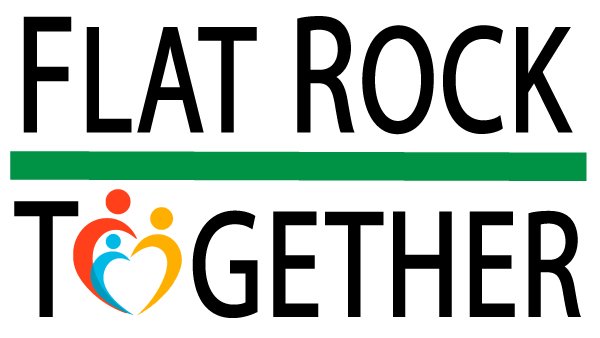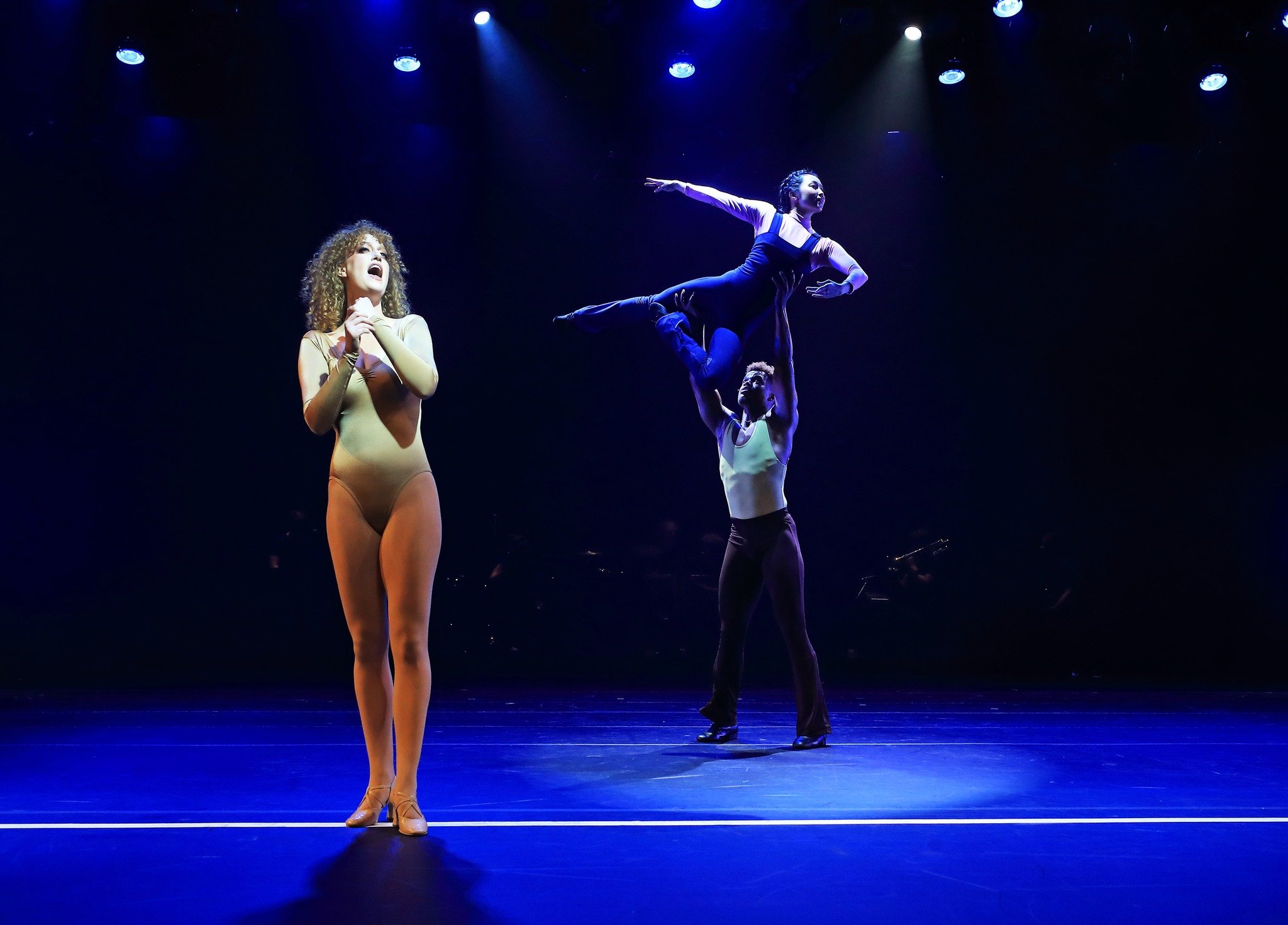What They Did For Love
/Fulfilling a promise that fell victim to the pandemic in 2020, Flat Rock Playhouse brought up the lights on its powerful presentation of A Chorus Line this past Thursday. Always up to the task no matter the magnitude of the production, the Playhouse brings this iconic Broadway blockbuster to life with all the skill and verve we’ve come to expect on the Leiman Mainstage.
And in the process, we are afforded a glimpse into the hearts and souls of the men and women who have bravely stepped into the bright lights to entertain audiences on The Rock for the past 70 years.
—
A Chorus Line first ran on Broadway from 1975 to 1990 while garnering acclaim and theatrical awards in equal measure. This gripping concept musical is notable for its break from traditional linear storytelling. Instead, ACL offers us a provocative focus on individual characters and their personal stories, creating a more intimate and often relatable experience for the Playhouse audience.
ACL tackles serious and personal subjects that were not commonly explored in musical theatre when it first opened on Broadway. The characters confront issues including body image, sexuality, family conflict, and the full spectrum of insecurities that we all experience but seldom discuss openly.
Just as importantly for this author, ACL is also a powerful reminder of the lifelong sacrifices made by the actors and dancers who give up so much to entertain us at the Playhouse. The arc of character development during the course of the musical lays bare the truth that what seems seamless and effortless on stage is actually the product of years of training, sacrifice, and perseverance. Perseverance in the face of frequent heartbreak - from failed auditions, judgment by family and friends, or the realization that the dream upon which you’ve built your life is crumbling away.
Mixing disappointment and heartache with humor and joyful exuberance, Flat Rock Playhouse and A Chorus Line take the audience on an emotional roller coaster ride packed with memorable tunes and the power and grace of an impressive entourage of talented dancers.
Photo by Scott treadway
ACL features a minimalist set design which allows the audience's attention to be solely on the characters and their stories. Characters are stripped of glitzy costumes and the glib lines that seldom if ever find their way into real life. In this way, the line between the lives of the actors on stage and the fictional characters they are portraying becomes indistinct. The set also serves as a metaphorical canvas, where the characters' personal stories and emotions take center stage.
The uncluttered set also offers a rare opportunity for Music Director Ethan Anderson and his talented musicians to be on stage and in full view of the audience - not sequestered in the music loft as is the case for most performances. As I said to one patron during intermission, “Yes, ma’am, all the music at Flat Rock Playhouse is live music.” And isn’t it fabulous!
The cast of over 20 actors fittingly features Playhouse apprentices old and new, an array of new faces, and veteran vagabonds who collectively define the entire spectrum of the acting world - emerging, breaking out, and established. FRP’s presentation of ACL serves as a vivid reminder of the importance of our playhouse stage as a theatre arts incubator and the critical importance of its many education programs.
—
Photo by Scott treadway
Early on in the show we experience the youthful optimism and energy of Mike as played by Matthew Boyd Moore. Moore was a Playhouse Apprentice during the 2017 season and his cocky energy fills the bare stage as he sings and dances his way through a delightful version of I Can Do That - the iconic song which perfectly captures power and promise of a dream.
Mike’s exuberance, is quickly contrasted against the false bravado of Bobby played pitch-perfectly by Josh Levinson. Bobby surrounds himself with walls of false confidence that come tumbling down as we learn more about his dysfunctional family life and the challenge of being a boy more interested in design and dance than sports. Bobby perfectly encapsulates the beautiful and the tragic, humor and heartbreak that so often live side by side in the artistic life
Val, played by Alexandra Nicole Garcia, arrives at the fictional audition after having given up on her childhood dream of being a Radio City Rockette. During her featured number, Dance: Ten; Looks Three, Val reveals that she’s resorted to several surgical procedures to accommodate the expectations of the an industry dominated by patriarchal definition of beauty. Her frank admission of what it takes for a woman to get ahead was groundbreaking in 1975. Forty-three years later, it’s less shocking perhaps, but reminds us society still has a long way to go in the area of gender equality. Behind the many smiles during Garcia’s captivating performance, we are left to contemplate what has changed - and hasn’t changed - since 1975.
Through it all, the talented cast of A Chorus Line captures the multifaceted lives of actors/dancers. They powerfully portray the physical and emotional toll of the profession, the financial instability, the impact on personal relationships, and the constant need to prove oneself. They help us understand that actors, like anyone else, have complex lives, emotions, and aspirations, and they face unique challenges in the pursuit of their craft.
ACL takes the audience through a range of emotions vacillating between the heartbreak of rejection and the ecstasy of getting the role. The exuberant and celebratory final scene is a well-deserved reward for actors, dancers, and audience members. It also serves as a fitting celebration of the accomplishments of the real-life actors on stage and the invaluable contributions of Flat Rock Playhouse to the theatre industry.
—-
Ultimately, it is left to Diana, marvelously played by Monica Garcia Bradley, to remind us why the actors on stage have put themselves through so much for so much of their lives. Her performance of What I Did for Love is a spellbinding and poignant anthem that explains why she and her fellow dancers chose to endure the challenges of their chosen profession.
Kiss today goodbye,
And point me t'ward tomorrow.
We did what we had to do.
Won't forget, can't regret
What I did for Love
That powerful love demonstrated by the cast of A Chorus Line manifests itself as a thoroughly entertaining - and meaningful - night at the theatre. When the lights come up, it is clear that we are all better for having been allowed into the hearts and minds of the men and women on stage. For that, we owe Flat Rock Playhouse and the talented actors and crew that bring us A Chorus Line a debt of gratitude for all they do.






